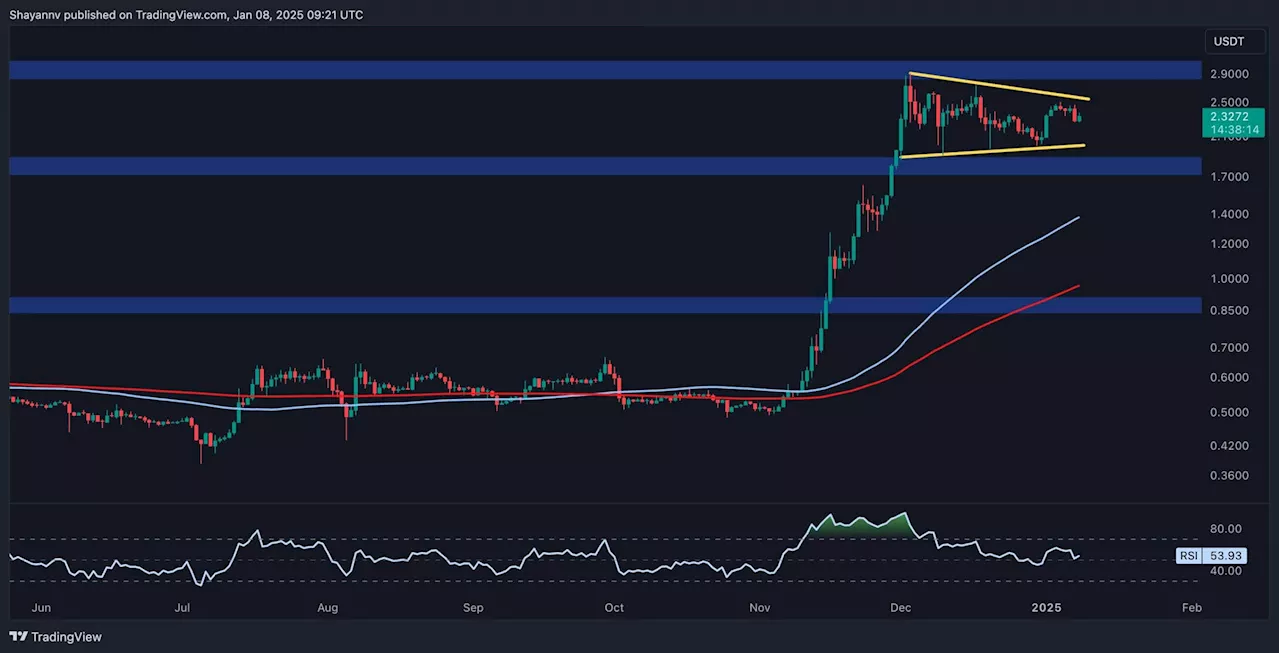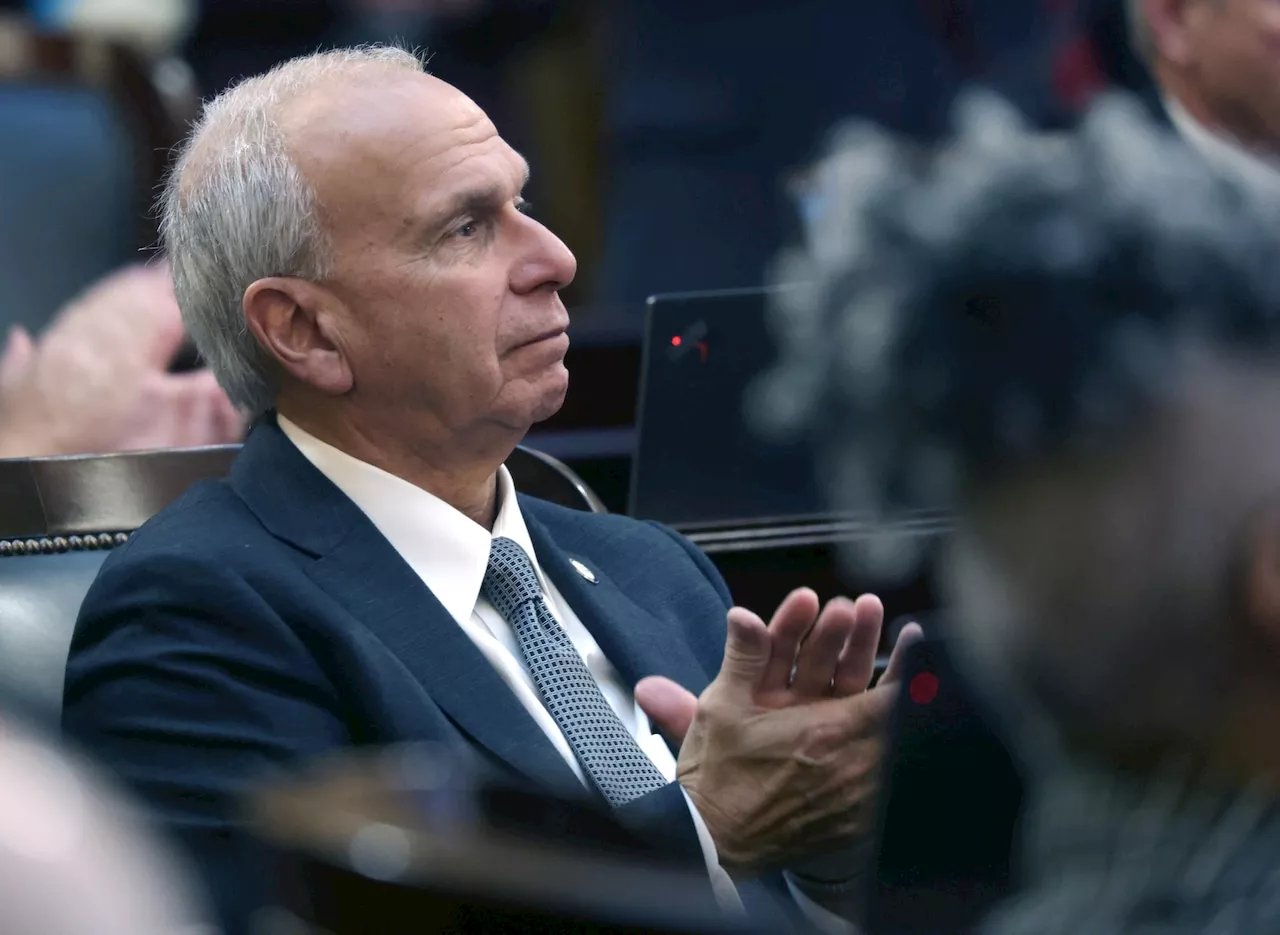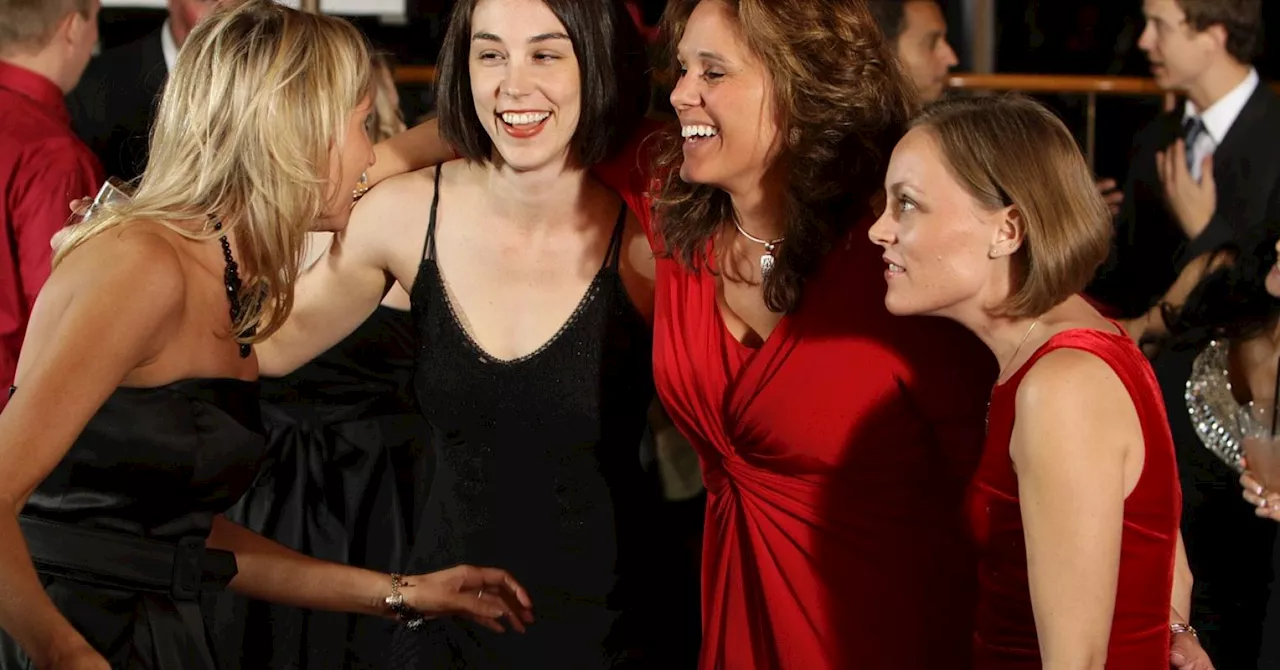This article explores the fascinating phenomenon of how perceived relationship status can differ from actual relationship status, shedding light on the complexities of modern relationships.
For some, perceived relationship status and actual relationship status do not always align. We have all run into a friend or co-worker in a social setting without his or her partner. Not necessarily behaving inappropriately, but certainly proactive about meeting new people, seemingly single. Yet whether platform descriptions or singles self-identify, but especially within the throes of a new relationship, couplehood can be a matter of perspective.
How many dates create commitment? Some singles answer that question by deleting their dating profiles. Jayda P. Felder and Laura V. Machia in a paper titled “Single While Partnered” (2024) explored situations that change the perception of relationship status. Recognizing relationship status as binary in the sense that individuals are either single or partnered, they note that not everyone uses this distinction to describe their status. They explain that for many people, perceived relationship status and actual relationship status do not always align. Studying 150 participants reporting perceived status across 27 hypothetical scenarios, they found considerable variation for every scenario, indicating a distinction between perceived relationship status and actual relationship status that is influenced by context. Context can be situational, or relational.Regarding relational status and perceived singlehood, Felder and Machia note that singles within the throes of budding relationships may feel 'more partnered' as they continue to date their new love interest while devaluing relational alternatives, while a partnered individual in an unfulfilling relationship may feel progressively 'more single' as they head towards a breakup and become increasingly receptive to potential new partners. But social context matters also. Many partners feel more single in certain social contexts than others. Examples include ventures onto the singles scene with friends for a “girls’ night out” or with the guys for a bachelor party. Felder and Machia note that describing a bachelor or bachelorette party as the soon-to-be-wedded partner's 'last night of freedom' suggests that at least to some people, dating is a 'less partnered' status than marriage. They describe a bachelor party as a situational 'cheating loophole' where some would tolerate inappropriate behaviors as an exception to the general rule. In their study for example, visiting a strip club and receiving a lap dance were rated as more acceptable during a bachelor party versus in general.As a consequence of status misalignment, Felder and Machia did not find a significant link. They found that the scenario with the lowest perceived status rating occurred when relational partners were 'taking a break,' and the social scenario with the lowest perceived status rating involved heavy drinking or drug use while out with friends. They explain the difference between this scenario and a bachelor party in terms of relational saliency, noting that a bachelor party precedes marriage—a 'more partnered' relationship, where a casual night out drinking with friends is not inherently linked to relationship status. Felder and Machia also note that because substance use is temporarily mind-altering, it can predispose individuals to engage in risky behaviors and cause partners to temporarily perceive themselves as single, and consequent lack of inhibition may be used as a different type of “cheating loophole” to (attempt to) explain any inappropriate interactions that occur.The best way to end up with a partner who self-perceives as such is proactively choosing trustworthy, honest, loyal prospects. Many partners have zero interest in venturing onto the singles scene in any context, but would rather spend time with friends, family, or their faith community. Partners interested in relational permanence are more likely to perceive themselves as partnered in any scenario, so choose wisely and enjoy relational quality and longevity.
RELATIONSHIPSTATUS PARTNERSHIP SINGLEHOOD SOCIALCONTEXT BACHELORPARTY
United States Latest News, United States Headlines
Similar News:You can also read news stories similar to this one that we have collected from other news sources.
 XRP Consolidation and Dogecoin Equilibrium: Market OutlookThis news piece analyzes the current market trends for XRP and Dogecoin, highlighting key support and resistance levels, potential breakout scenarios, and overall market sentiment.
XRP Consolidation and Dogecoin Equilibrium: Market OutlookThis news piece analyzes the current market trends for XRP and Dogecoin, highlighting key support and resistance levels, potential breakout scenarios, and overall market sentiment.
Read more »
 Ripple's XRP Stuck in Equilibrium, Breakout Needed for DirectionXRP's price is trapped in a wedge pattern between $2 and $3, signaling market indecision. A breakout above $3 could lead to a rally, while a drop below $2 could trigger a decline.
Ripple's XRP Stuck in Equilibrium, Breakout Needed for DirectionXRP's price is trapped in a wedge pattern between $2 and $3, signaling market indecision. A breakout above $3 could lead to a rally, while a drop below $2 could trigger a decline.
Read more »
 Perceived Relationship Power Linked to Desire for AlternativesResearch shows that individuals who perceive themselves as having high relationship power are more likely to be interested in romantic alternatives. This association is attributed to perceived relative mate value and a sense of entitlement that can lead to impulsive and sexualized behavior.
Perceived Relationship Power Linked to Desire for AlternativesResearch shows that individuals who perceive themselves as having high relationship power are more likely to be interested in romantic alternatives. This association is attributed to perceived relative mate value and a sense of entitlement that can lead to impulsive and sexualized behavior.
Read more »
 Susan Zirinsky Returns to Exec Role at CBS News as Network Tackles “Perceived Bias”Zirinsky will be tasked with overseeing “highly complex, sensitive issues like the war in the Middle East,” some of which have seen CBS criticized for “perceived bias.”
Susan Zirinsky Returns to Exec Role at CBS News as Network Tackles “Perceived Bias”Zirinsky will be tasked with overseeing “highly complex, sensitive issues like the war in the Middle East,” some of which have seen CBS criticized for “perceived bias.”
Read more »
 Ohio senator’s bill targeting perceived liberal bias in colleges is backThe bill will be sponsored by Sen. Jerry Cirino of Kirtland. He was expected to unveil the bill on Wednesday.
Ohio senator’s bill targeting perceived liberal bias in colleges is backThe bill will be sponsored by Sen. Jerry Cirino of Kirtland. He was expected to unveil the bill on Wednesday.
Read more »
 Trump's perceived enemies worry about losing pensions, getting audited and paying steep legal billsIt’s not just criminal prosecutions that worry those who have crossed President Trump. There are other, more prosaic, means of retaliation.
Trump's perceived enemies worry about losing pensions, getting audited and paying steep legal billsIt’s not just criminal prosecutions that worry those who have crossed President Trump. There are other, more prosaic, means of retaliation.
Read more »
